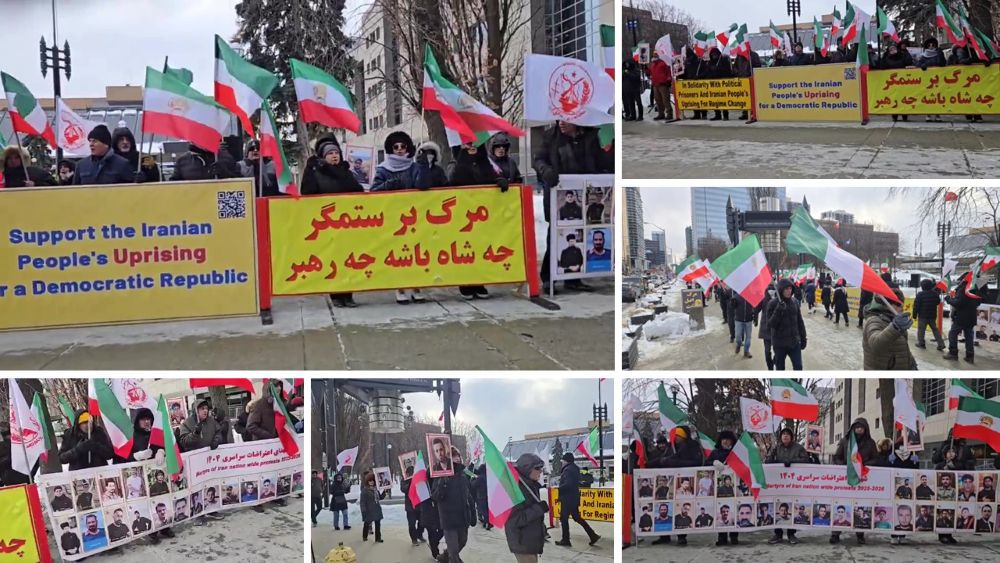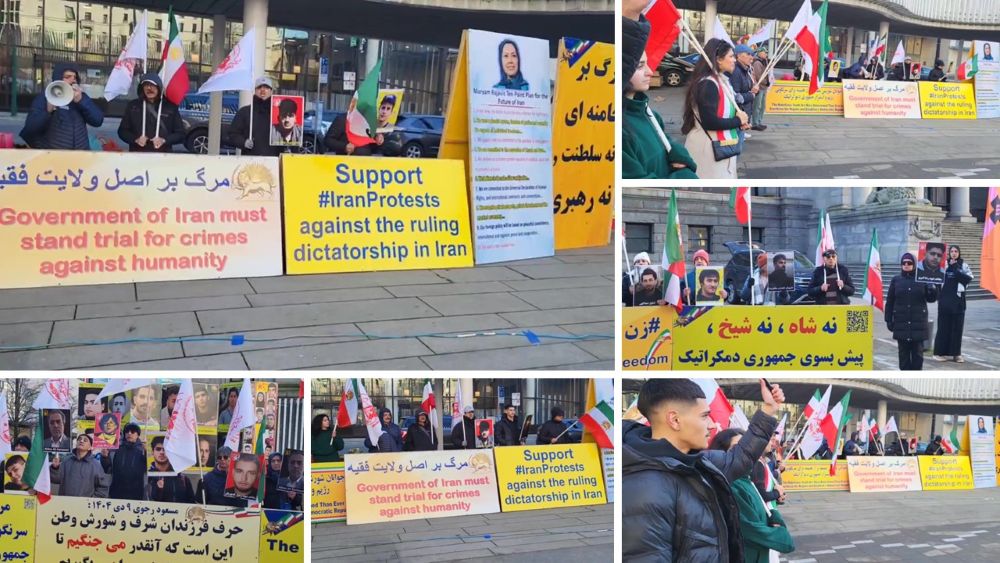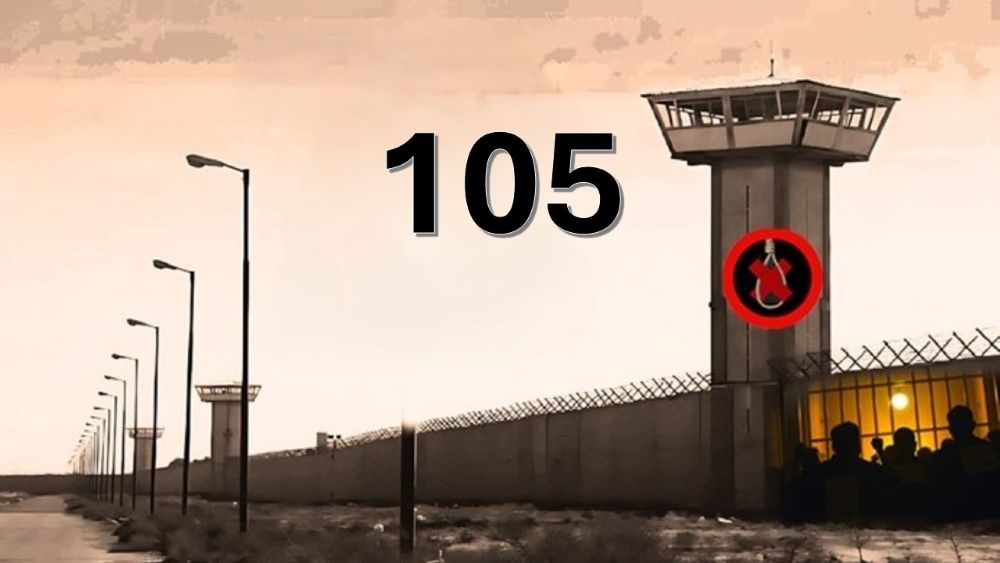Kolbar Phenomenon and How Iran’s Regime Handles It There seems to exist a link between the geographical locations and the observed levels of deprivation across Iran.Statistics reveal that the border provinces have the highest rates of unemployment in this country. Drug addiction, divorce, and other social issues are also highly prevalent there; which is reflective of the unjust and faulty structure that govern kobars. The inappropriate division of wealth within these provinces, the lack of attention to their economic potential, and their ineffective management, are some of the causes behind their poor development
education Crisis in Iran
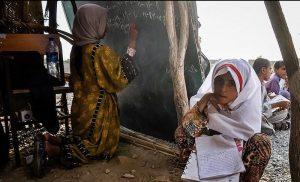
The early dropouts from schools, insufficient study spaces, shortages of teachers, unsafe class environments, and the deficiency of basic facilities, are some of the indications of a crisis in Iran’s education system.Moreover, there are many incidents of sexual harassments, scandals of which have recently resurfaced in some schools, and taken away the hopes for a better future.According to the Head of the Renovation Department, Mehrale Rakhshani, the quality of education (in terms of space and facility) is ‘under the poverty line’ and ‘in crisis’ in 11 provinces; Sistan and Baluchestan, Northern Khorasan, Alborz, Tehran, Qom, and Gilan, are on the top of this list. Many provinces are also on the verge of ‘poverty’, which leaves only a few with acceptable conditions.
More Companies Pull out of Iran Due to US Sanctions
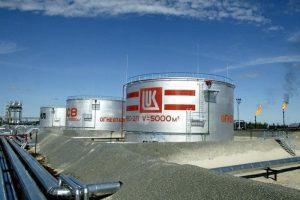
As US sanctions on Iran loom overhead, more and more companies are slowing down or pulling out of trade deals with the mullahs’ regime.The latest companies to react to the planned reintroduction of sanctions are Russian oil giant Lukoil, which has put its Iranian projects on hold, and India’s Reliance Industries, which owns the world’s largest oil refining complex, is planning to stop buying oil from Iran, according to Reuters.These pullouts, along with earlier ones from European companies, show that despite the promises made by the governments to maintain business dealings with Iran following the US withdrawal from the 2015 nuclear deal, businesses will not want to be cut off from the US market
PSA Peugeot Citroën to pull out of Iran over sanctions threatFrench automaker PSA said Monday that it would pull out of two joint ventures to sell its cars in Iran to avoid the risk of US sanctions after Washington withdrew from a key nuclear deal with Tehran.“The group has begun to suspend its joint venture activities, in order to comply with US law by August 6, 2018,” the maker of Peugeot and Citroen cars said in a statement.European officials have vowed to try to shield their companies working in Iran from the reach of punishing US sanctions that are set to come into effect by November. Yet the CEO of French oil giant Total, who was hoping to launch a major natural gas project in Iran, said last week that the chances of winning exemptions to the US sanctions were “very slim”.
Europe’s “JCPOA” and Iran’s regime in limbo
The fate of the Iran nuclear deal and its consequences, such as leading to a European deal and/or the signing of an FATF bill, are currently under discussion in the Iranian regime’s parliament.Founded in 1989, the FATF, or the Financial Action Task Force, is an intergovernmental organization aiming to develop policies combating money laundering. Such circumstances provide the best opportunity for the West to reevaluate its appeasement policy vis-à-vis the Iranian regime. Senior Iranian regime officials understand the future only means choosing from bad and worse. Tehran’s short and long-term interests are in grave danger and U.S. pressures are demanding three very specific changes:
- Ending its regional influence, especially in Syria, Iraq, Yemen and Lebanon
- Ending domestic crackdown against the Iranian people and their organized opposition movement, symbolized in the National Council of Resistance of Iran (NCRI).
- Ending the pursuit of weapons of mass destruction, including nuclear weapons and long-range missiles.
Only such a blueprint will realize peace and security in the Middle East and beyond.

